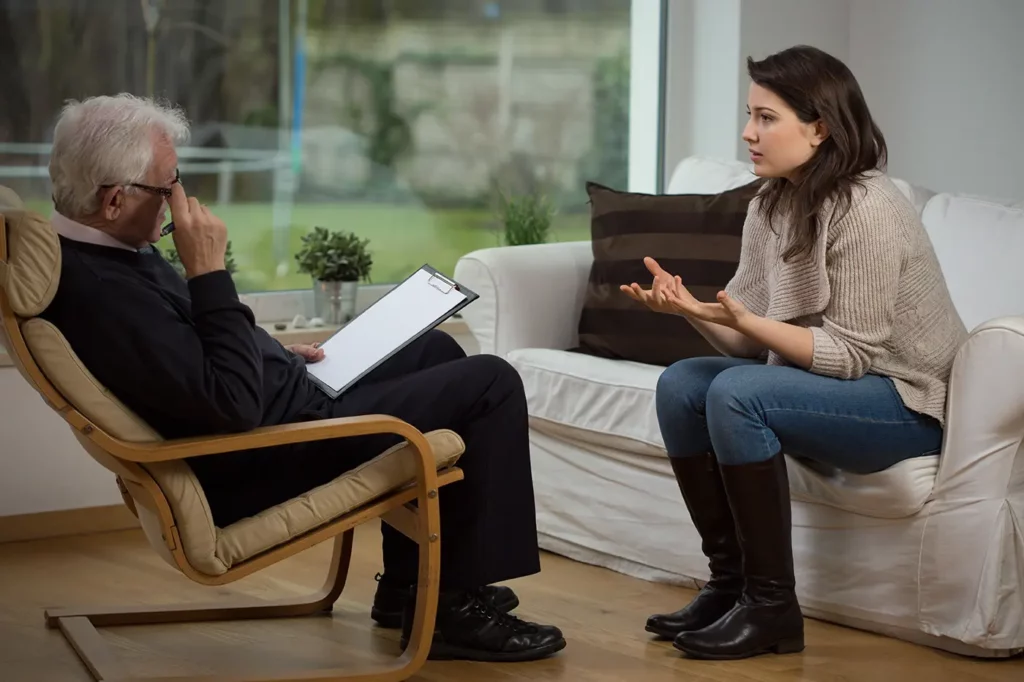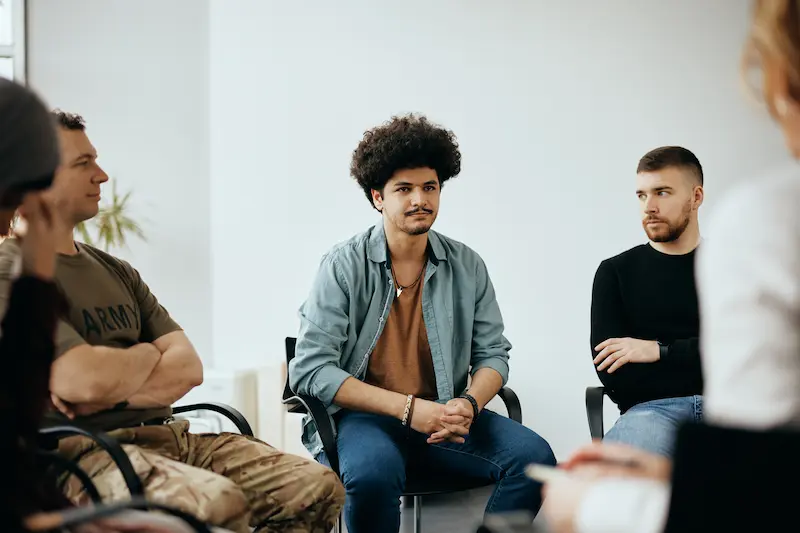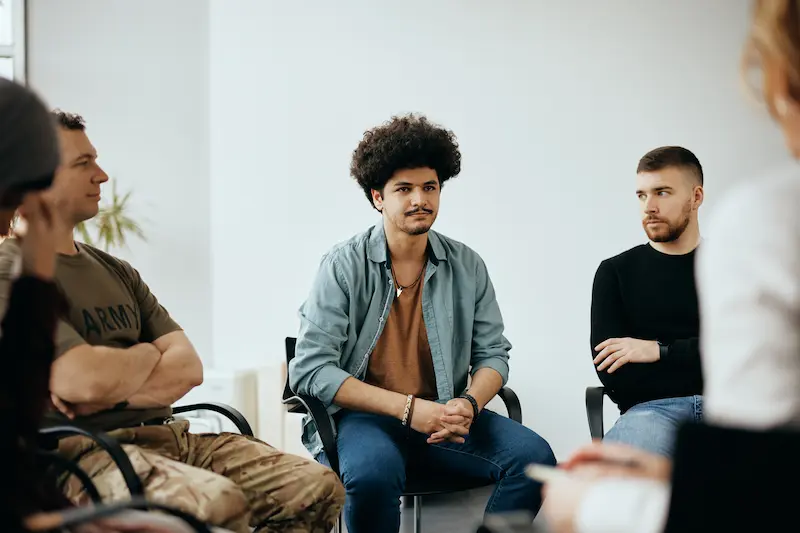24/7 Helpline:
(866) 899-221924/7 Helpline:
(866) 899-2219
Learn more about Couples Rehab centers in Burke County

Other Insurance Options

Anthem

Optima

PHCS Network

Access to Recovery (ATR) Voucher

American Behavioral

AllWell

UMR

Choice Care Network

Humana

Holman Group

Premera

ComPsych

Coventry Health Care

Carleon

Multiplan

Lucent

EmblemHealth

GEHA

Health Net

Covered California

Ogeechee Behavioral Health
Ogeechee Behavioral Health is dedicated to providing those they service with quality innovative beha...

Pyramid Healthcare – Outpatient Treatment Center
Pyramid Healthcare - Outpatient Treatment Center is located in Waynesboro, Pennsylvania. Pyramid Hea...

Gaudenzia
Gaudenzia is located in Girard, Pennsylvania. Gaudenzia addresses the needs of chemically dependent ...

Centerstone
Centerstone is a private rehab located in Waynesboro, Tennessee. Centerstone specializes in the trea...

















WestCare Georgia – Boggs Residential Treatment
WestCare Georgia - Boggs Residential Treatment is a therapeutic treatment program for adolescents ma...

Community Mental Health Services
Community Mental Health Services is a public rehab located in Girard, KS. Community Mental Health Se...

Pine Belt Mental Healthcare Resources
Pine Belt Mental Healthcare Resources - Cedar Street offers outpatient treatment for individuals wit...

AA – Alcoholics Anonymous
AA – Alcoholics Anonymous is a non-profit rehab located in Waynesboro, Virginia. AA – Alcoholics Ano...





































